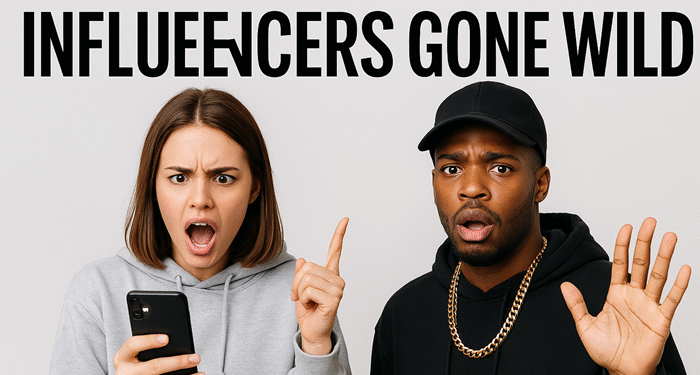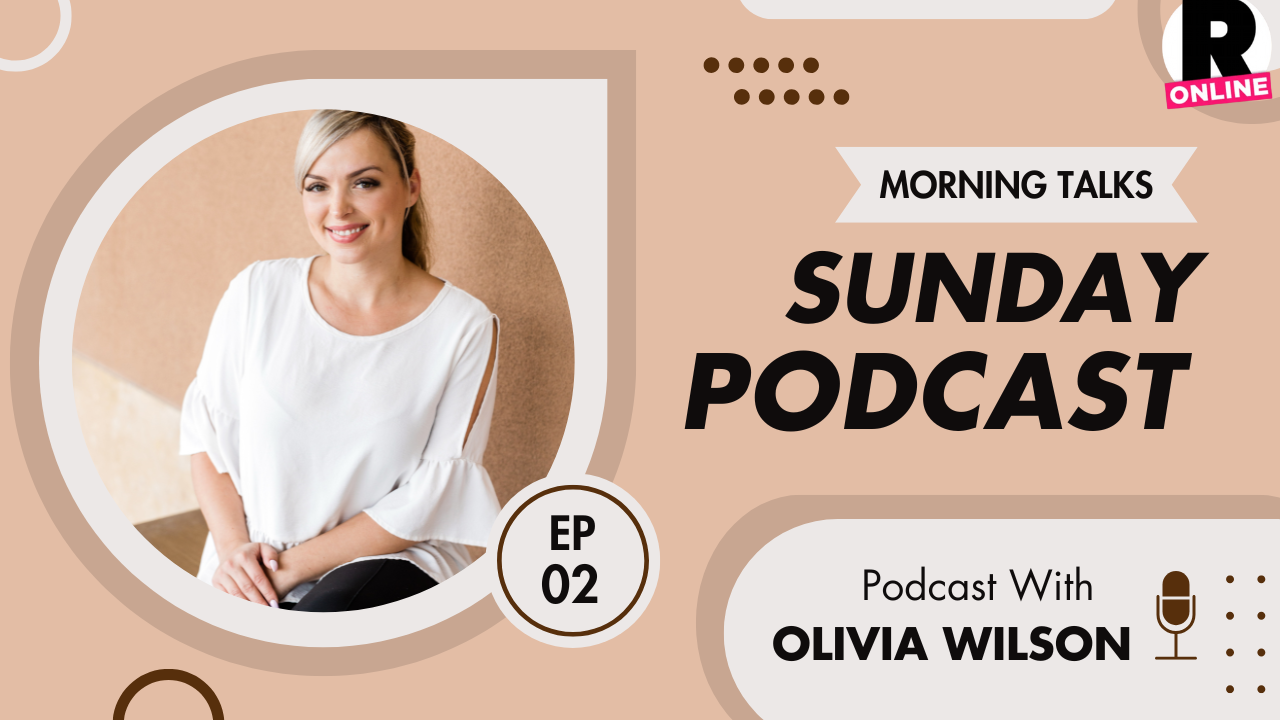Introduction to Influencers Gone Wild
In today’s digital-first world, influencers hold immense power over trends, opinions, and consumer behavior. They can launch brands into stardom overnight and sway millions with a single post. But with great influence comes even greater scrutiny. Increasingly, we’ve seen influencers go off the rails—whether through reckless stunts, tone-deaf posts, or outright scandals. The phenomenon often described as “influencers gone wild” has become a regular headline across social media platforms.
This article dives into why influencers push boundaries, the most notorious cases of influencer mishaps, and what these incidents mean for the future of online influence.
The Pressure to Stay Relevant
One of the main drivers behind wild influencer behavior is the relentless pressure to stay relevant in a crowded space. With millions of content creators fighting for attention:
-
Shock value sells – The more outrageous the act, the faster it spreads online.
-
Algorithm dependency – Platforms reward high engagement, pushing influencers to create content that sparks controversy.
-
Fear of fading fame – Many influencers feel their careers could vanish overnight if they don’t continuously “top” their last viral moment.
When Going Viral Goes Wrong
Some influencers push boundaries so far that their antics backfire. Here are common examples of influencers gone wild:
1. Public Stunts Gone Too Far
From faking dangerous accidents to staging elaborate pranks in public spaces, influencers have landed in hot water for putting themselves and others at risk—all in the name of views.
2. Tone-Deaf Content
During global crises, several influencers have been called out for posting lavish vacations, insincere apologies, or insensitive jokes—sparking outrage from fans and brands alike.
3. Legal Troubles
Trespassing for the “perfect shot,” promoting harmful products, or misleading followers with false advertising have led to lawsuits and even arrests in some cases.
4. Cancel Culture Moments
Sometimes, an old tweet, a controversial opinion, or a poorly worded statement resurfaces, triggering massive backlash and a rapid fall from grace.
Notorious Cases of Influencers Gone Wild
-
The Party Scandals – Influencers hosting massive parties during global lockdowns drew widespread criticism and legal fines.
-
The Luxury Lies – Some influencers were caught renting private jets, luxury cars, or designer goods just for photos, misleading their audiences.
-
The Extreme Challenges – Dangerous “challenge” videos encouraged reckless behavior among fans, leading to platform bans and public outcry.
Impact on Followers and Brands
Wild influencer behavior has ripple effects beyond the individuals involved:
-
Erosion of trust – Followers become skeptical of influencer authenticity.
-
Brand risks – Companies tied to problematic influencers face reputation damage.
-
Platform crackdowns – YouTube, TikTok, and Instagram have tightened guidelines to curb reckless or harmful content.
Can Influencers Recover?
Surprisingly, some influencers bounce back stronger after scandals, while others fade into obscurity. Factors influencing recovery include:
-
Sincere apologies and accountability
-
Rebranding strategies
-
Community support
However, audiences are increasingly quick to hold influencers accountable, making it harder to recover after “going wild.”
Conclusion
The rise of “influencers gone wild” is a reminder that fame, especially digital fame, comes with responsibility. While controversy might create short-term buzz, it often damages credibility in the long run. As social media continues to shape culture, both influencers and followers must strike a balance between entertainment and accountability.
FAQs on Influencers Gone Wild
Q1: Why do influencers act recklessly?
Influencers often chase engagement, shock value, and relevance in an oversaturated market, which can push them to cross boundaries.
Q2: Do brands cut ties with influencers after scandals?
Yes, many brands quickly distance themselves to avoid reputational damage, though some influencers manage to rebrand and regain partnerships.
Q3: Can influencers recover from being “canceled”?
Some can, through genuine apologies and careful rebranding, but many never fully regain their former influence.
Q4: How can followers spot authenticity?
Look for consistency, transparency in sponsorships, and influencers who value community over clickbait stunts.




